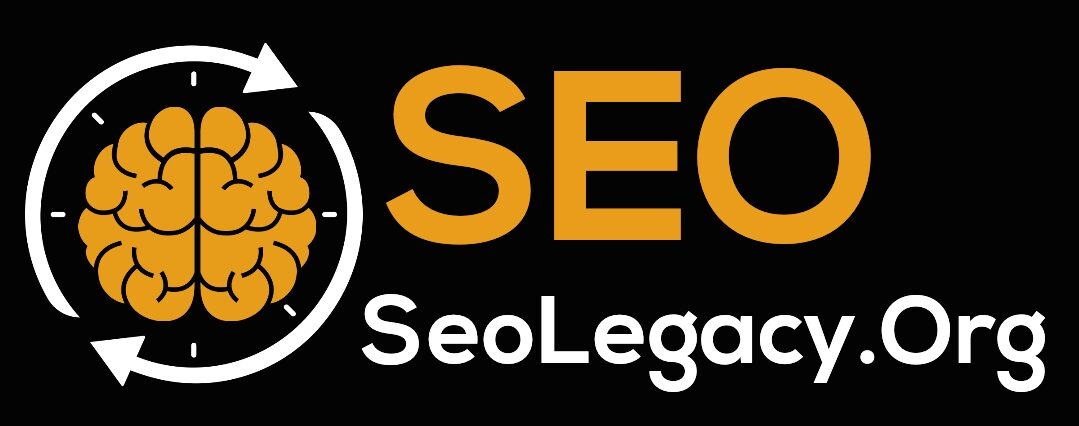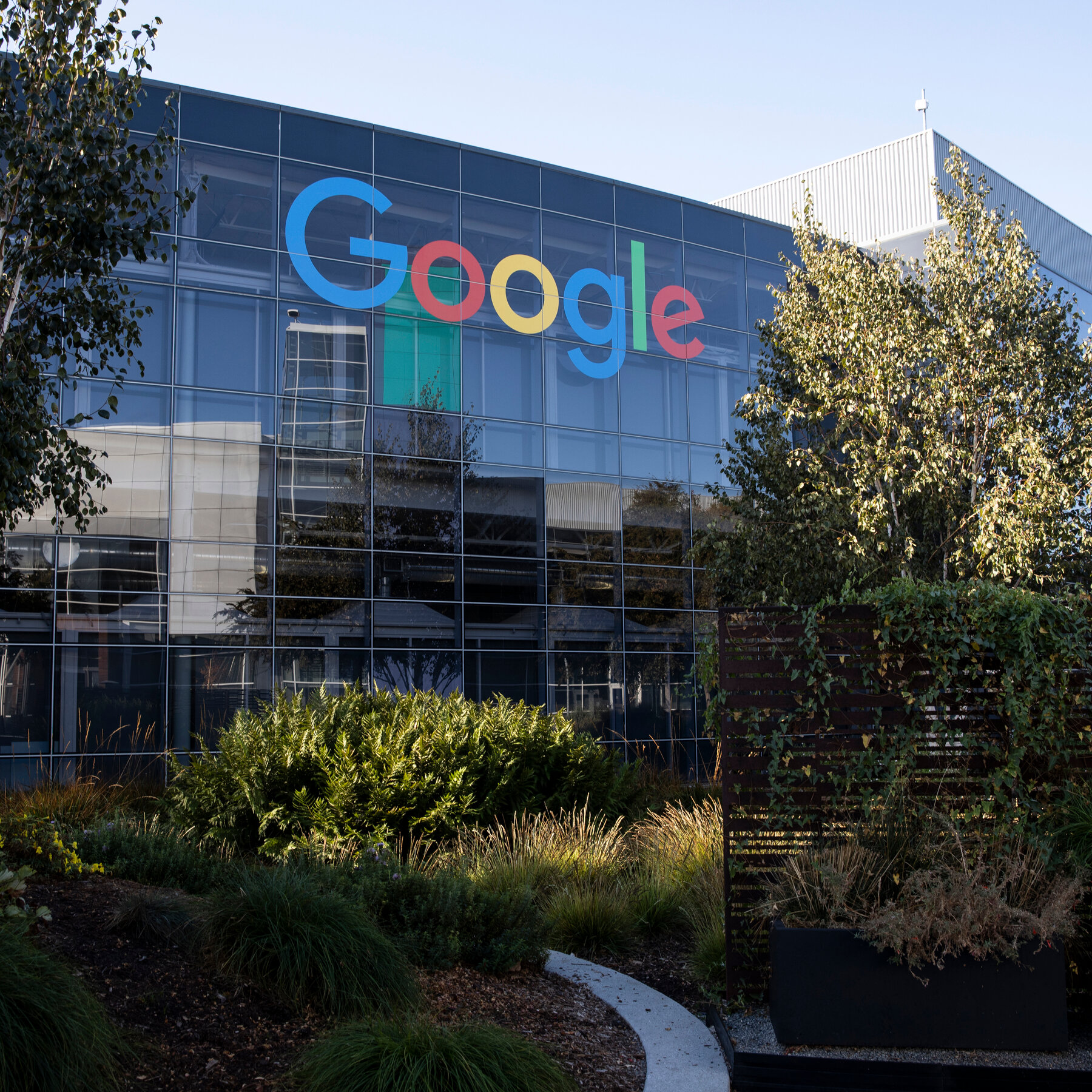Facebook Small Advertisers Win Class-Action Status in Fraud Suit
Excusing what he called a “blunderbuss of complaints” by the organization, a government judge in San Francisco decided that the case can continue as a class activity for the benefit of entrepreneurs and people who purchased advertisements on Facebook or Instagram since Aug. 15, 2014.
The choice is one more difficulty for the informal communication monster after court filings in 2021 uncovered that its crowd estimating device was known by high-positioning Facebook chiefs to be temperamental in light of the fact that it was slanted by phony and copy accounts.
Facebook’s legal advisors contended in filings that the virtual entertainment organization has made “refreshes” to further develop its client gauges. They likewise stood up against the solicitation for class-activity status, saying the promotion purchasers didn’t show that all class individuals consistently depended on the measurements to build their spending and had advertisement financial plans of different sizes.
“It is possible that class individuals contrast in publicizing financial plans and extent of buys, as Meta recommends, yet Meta has not shown that these distinctions” put forth the defense unsatisfactory to be a class activity, U.S. Region Judge James Donato said.
Understand More: Facebook Employee Called Inflated Ad Metrics ‘Profoundly Wrong’
Client measurements have additionally been at the core of difficulties against other web-based entertainment organizations. LinkedIn is confronting a suit blaming it for blowing up video-seeing measurements to bait and cheat promoters.
Snap Inc., the parent of the Snapchat online entertainment application, was sued in 2017 by a previous worker who guaranteed the organization was blowing up development measurements in front of its first sale of stock. The case was moved into shut entryway mediation and court records don’t show how it was settled.
In 2019, Facebook consented to a $40 million settlement of a class-activity suit brought by publicists who asserted they overpaid for video advertisements in light of exaggerated video-seeing measurements shared by the organization.
The current case was documented in 2018 by a web based business that spent more than $1 million on promotions and a merchant of gun frill who spent around $350.
Facebook leaders, including Chief Operating Officer Sheryl Sandberg, knew the client metric called “Likely Reach” displayed to computerized promotion purchasers to assist them with setting their ideal interest group and financial plan was swelled and “not in view of individuals,” the sponsors said in their objection. Subsequently, sponsors wound up purchasing advertisements at a top notch cost, they said.
“For quite a long time Facebook over and over faced a decision between coming clean with clients or saving its income: every step of the way, Facebook picked its income,” attorneys for the promotion purchasers said in a court recording.
Meta didn’t quickly answer a solicitation for input on the decision.



